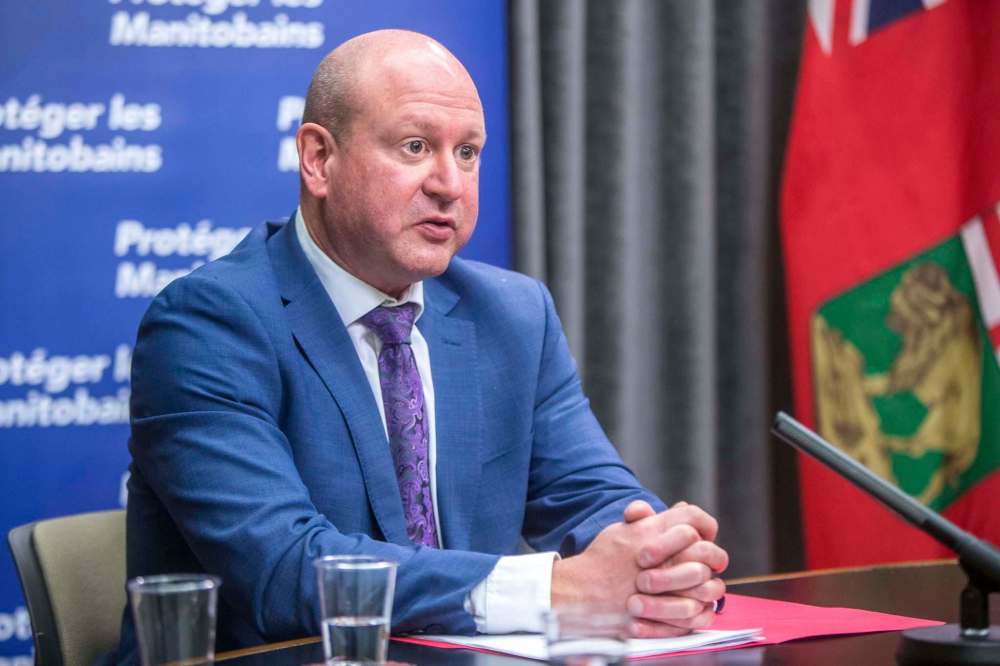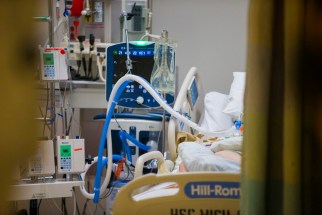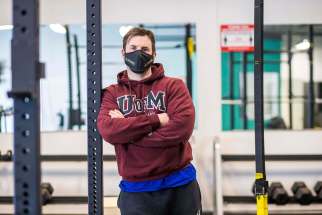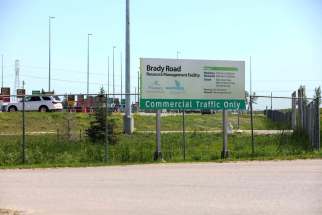Variant’s arrival reinforces travel concerns
Read this article for free:
or
Already have an account? Log in here »
To continue reading, please subscribe:
Monthly Digital Subscription
$1 per week for 24 weeks*
- Enjoy unlimited reading on winnipegfreepress.com
- Read the E-Edition, our digital replica newspaper
- Access News Break, our award-winning app
- Play interactive puzzles
*Billed as $4.00 plus GST every four weeks. After 24 weeks, price increases to the regular rate of $19.00 plus GST every four weeks. Offer available to new and qualified returning subscribers only. Cancel any time.
Monthly Digital Subscription
$4.75/week*
- Enjoy unlimited reading on winnipegfreepress.com
- Read the E-Edition, our digital replica newspaper
- Access News Break, our award-winning app
- Play interactive puzzles
*Billed as $19 plus GST every four weeks. Cancel any time.
To continue reading, please subscribe:
Add Winnipeg Free Press access to your Brandon Sun subscription for only
$1 for the first 4 weeks*
*$1 will be added to your next bill. After your 4 weeks access is complete your rate will increase by $0.00 a X percent off the regular rate.
Read unlimited articles for free today:
or
Already have an account? Log in here »
Hey there, time traveller!
This article was published 09/02/2021 (1688 days ago), so information in it may no longer be current.
The announcement on Tuesday that a new variant of the COVID-19 virus has been found in Manitoba is concerning, but unsurprising. The discovery should add emphasis to the necessity of keeping stringent limitations on travel into Manitoba, even as the province will ease up on other restrictions on Friday.
The variant, B.1.1.7, was first detected in the United Kingdom. It’s the first new variant to be publicly identified in Manitoba and is connected to international travel. Officials didn’t identify which country the traveller was in before bringing the variant to Manitoba, but the list of possibilities is lengthy because variants of the virus are flourishing worldwide.
Such an arrival was anticipated. All other provinces west of Newfoundland and Prince Edward Island have detected one or more variants. Ontario, for example, has identified COVID-19 variants that were first identified in Brazil, South Africa and the U.K. Scientific modelling shows the U.K. variant, which is believed to be at least 30 per cent more transmissible, could become the dominant strain in Ontario within four to six weeks.
Only one obstacle will prevent variants from spreading further in Manitoba– the diligent commitment of Manitobans to avoid recreational travel out of the province, to disinvite visitors from other areas and to quarantine faithfully when essential travel is unavoidable.
Only one obstacle will prevent variants from spreading further in Manitoba — the diligent commitment of Manitobans to avoid recreational travel out of the province, to disinvite visitors from other areas and to quarantine faithfully when essential travel is unavoidable.
The current restrictions are unlike any Manitoba has ever experienced. People coming here, including Manitobans coming home, must quarantine for 14 days, a full incubation period for the virus.
Exceptions to the travel restrictions are well outlined under the public-health order. They include truckers bringing goods to Manitoba stores, military troops such as the ones heading north to help Manitoba First Nations, and the National Hockey League organizations that have devised their own stringent procedures for testing and quarantining.
There has been considerable controversy about other travels which, while not illegal, have been deemed unacceptable by the court of public opinion. These have included Manitobans who continue to visit their cottages, snowbirds who travelled to their winter escapes, and people who visited other provinces over the holiday season.
Manitoba’s highest-profile cases of travel impropriety involved people connected to the government, including political appointees. Premier Brian Pallister initially declined to discipline people from within his ranks who travelled, leading to loud public cries of a double standard. Finally, last week, in an abrupt about-face, Mr. Pallister accepted the resignation of a wayward appointee and called leisure travel by people linked to his government “a career-limiting move.”

The province has indicated a further easement of lockdown restrictions will begin Friday, allowing restaurants, gyms and churches to reopen at limited capacity. But it seems the rigid restrictions on travel will remain in the immediate future, as they should.
Manitobans remember all too well the cost of opening up too much, too soon. Mr. Pallister introduced the #RestartMB economic recovery campaign last summer with the ill-timed tagline “Ready. Safe. Grow.” The premature reopening allowed the virus to bloom in the resumption of person-to-person contact, until Manitoba’s per-capita rate of infection was the worst in Canada, necessitating the code-red lockdown from which Manitobans are so eager to emerge.
This time, as provincial public health officer Dr. Brent Roussin repeated Tuesday, we must reopen cautiously. Many Manitobans are eager to dust off their suitcases in the midst of the winter’s worst cold snap, but it would be foolhardy to ease travel restrictions in a way that allows out-of-province travellers to bring home virulent souvenirs.







